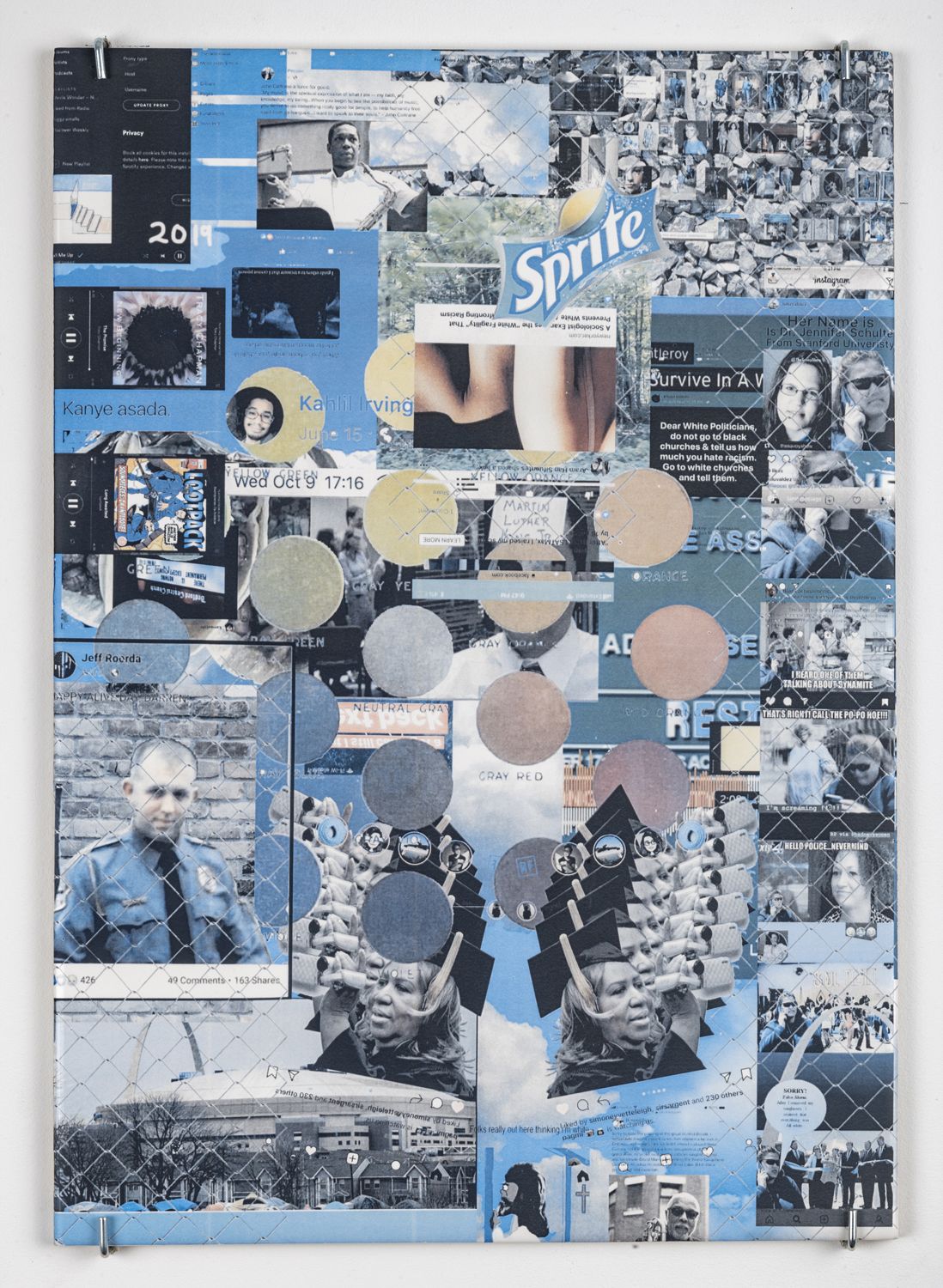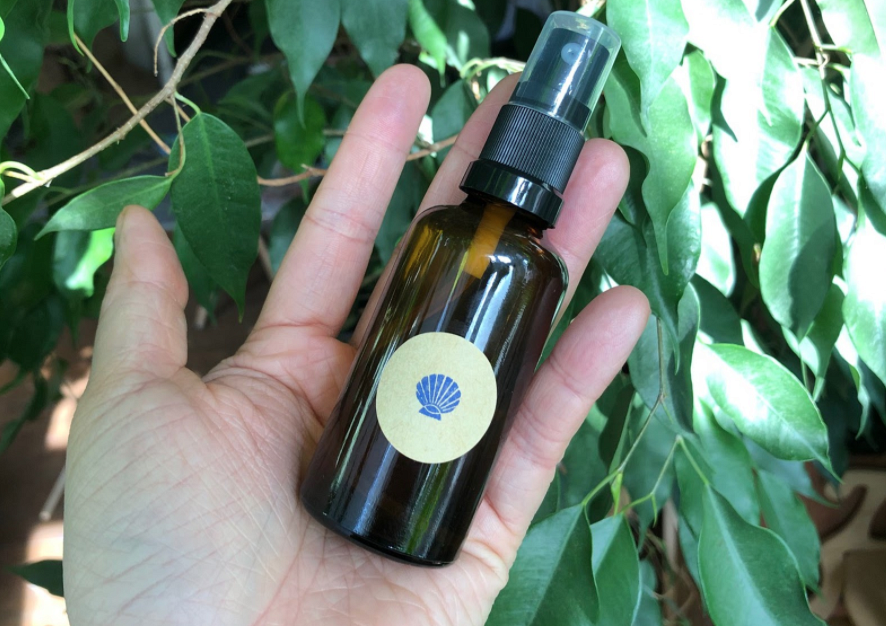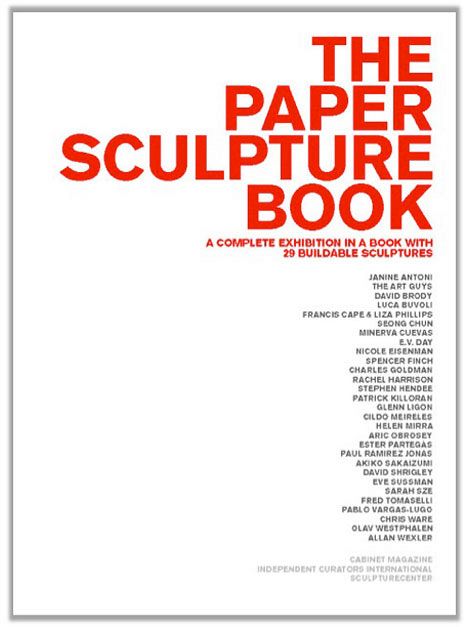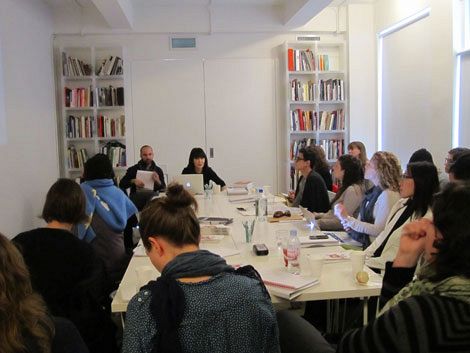Curator Magda Lipska developed this proposal during the Summer 2013 Curatorial Intensive in New York.
The exhibition Humans come first takes as its point of departure the lesser known and researched tradition of performance art in Poland, starting with Polish performance art of the 1960s and 70s, which had been strongly influenced by the Open Form theory formulated by Polish architect Oskar Hansen. Spatial exercises––which Hansen implemented as a working method with Fine Arts students at the Academy of Fine Arts in Warsaw––resulted in art practices that exceeded the traditional model of art creation, bringing to the fore the interdisciplinarity of art: mixing mediums such as film, action, painting, and installation and using the artist’s body as medium and a facilitator of art processes.
The title of the show alludes to Hansen’s well known saying, which at the same time fully captures the essence of his theory and its relation to others and nature: “joint partnership of human and nature.” This became soon one of the founding principles of the Repassage Gallery, an independent gallery founded in 1972 by Hansen’s former students and assistants, which, as the exhibition will show, has played a key role in understanding the specifics of Polish performance art by building an alternative, ‘local’ history of this phenomenon. Performance art in the West was mainly associated with deconstruction and the overcoming of painting and usually inscribed in the tradition of ‘action painting.’ In Poland, as the history of the gallery demonstrates, performance art had an interesting alternative history rooted in the tradition of architecture. The ‘Art of events’ practiced in the gallery in the spirit of Hansen’s Open Form blurred the boundary between art and life, exercising a critical attitude towards political reality and fostering vigorous interaction with its audiences, which lay in the epicenter of the gallery’s activity. As a result, performative events that formed the core of the gallery’s program went far beyond the boundaries of ‘body art’ that focused solely on the body as the main medium of artistic expression, and concentrated rather on the creation of a public sphere, spaces of individual freedom, and interaction with others. This social interaction became of major interest and influenced artists of the younger generation, in particular, Artur Żmijewski and Paweł Althamer.
The main focus of this exhibition is the emancipatory and political potential of Open Form, which the exhibition seeks to research up to the present. Therefore, some historical positions of performance will be confronted with contemporary art from different backgrounds and geographies. In this sense, the aim of this exhibition is to unravel the context and the possible ways of reading the political and emancipatory potential of performance art as one to substantially conjoin life and art, artistic creation, and political action by activating the viewer as the key element in performance. The exhibition will look at performance not as another ‘genre’ of contemporary art, but rather as a radical way of crossing the boundaries between art and life, as a way of living where being is a priority. In this sense, the show defines performance as the “art of our time,” as Hansen would phrase it, one that actively reacts to changes and therefore the only one able to grasp our contemporaneous condition and fully give justice to our present times.
This ‘present,’ critical stance of performance seems urgent today especially in the light of the latest protests and social upheavals, such as the Arab Spring and the Occupy movements, where the notion of politics and political action seems to be problematized in a much more complex and bifurcated way than it has ever been before. Therefore, the question that underpins this exhibition is rather how to make performance a tool of political reflection rather than a notion of art historical contemplation. How to activate and use its potential in order to break a path for different political imagination?
Participating artists: Paweł Althamer, Ei Arakawa, Trisha Baga, Elżbieta and Emil Cieślar, Wiktor Gutt and Waldemar Raniszewski, Anna Molska, Grzegorz Kowalski, Alexandra Pirici, Artur Żmijewski.
Learn more
To learn more about this proposal please email Magda Lipska at lipskama@gmail.com. To learn more about the Curatorial Intensive email info@curatorsintl.org.






